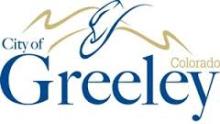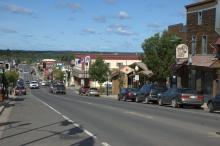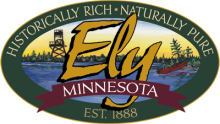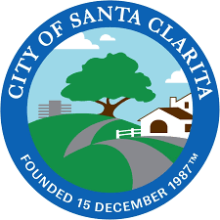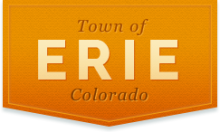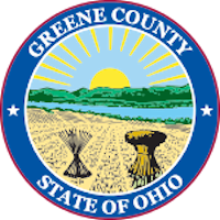Greeley and Windsor Contemplate Feasibility Study Recommendations
The results of a broadband feasibility study are in for two northern Colorado towns weighing whether to establish municipally run high-speed Internet service. Though the overall recommendations are exploratory, they include hooking up the city’s main resources to fiber and adopting broadband friendly policies, with the possibility of expansion to Fiber-to-the-Premise (FTTP) services down the line.
Weighing the Options
Consultants offered a series of recommendations, all of which involve setting up legislation that incentivizes investment and reduces installation costs, such as a dig once policy, and connecting city infrastructure to fiber. The study suggested three types of actions with varying degrees of involvement from the local government:
1. The city could attempt to persuade incumbent providers to invest in faster, more reliable Internet services.
2. Enter into some sort of public-private partnership in which the cities and the private ISP partner/s co-invest in creating a fiber gig service.
3. Build a municipally run FTTP network.
With any of the options, NEO reps stressed the goal of getting everyone in the town to a gig, what NEO CEO Diane Kruse described as the “gold standard” of capacity.
The consultants affirmed that an FTTP setup would be financially feasible under the right circumstances (found on page 68 of the report) that include a threshold 30 percent take rate for Greeley and 35 percent for Windsor within three years, and at least $5 per customer utility fees. The utility fee model of funding deployment entails customers paying a monthly surcharge to go towards maintenance and construction of the network. With this model, when a higher number of subscribers connect, the fee usually decreases.


